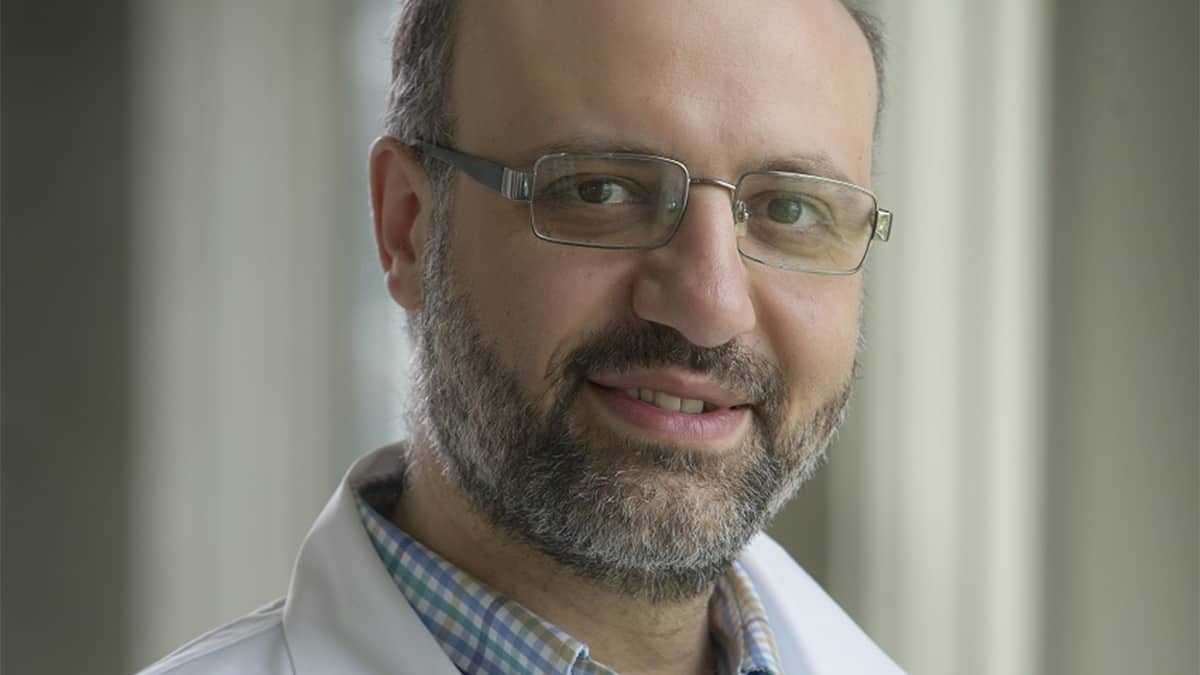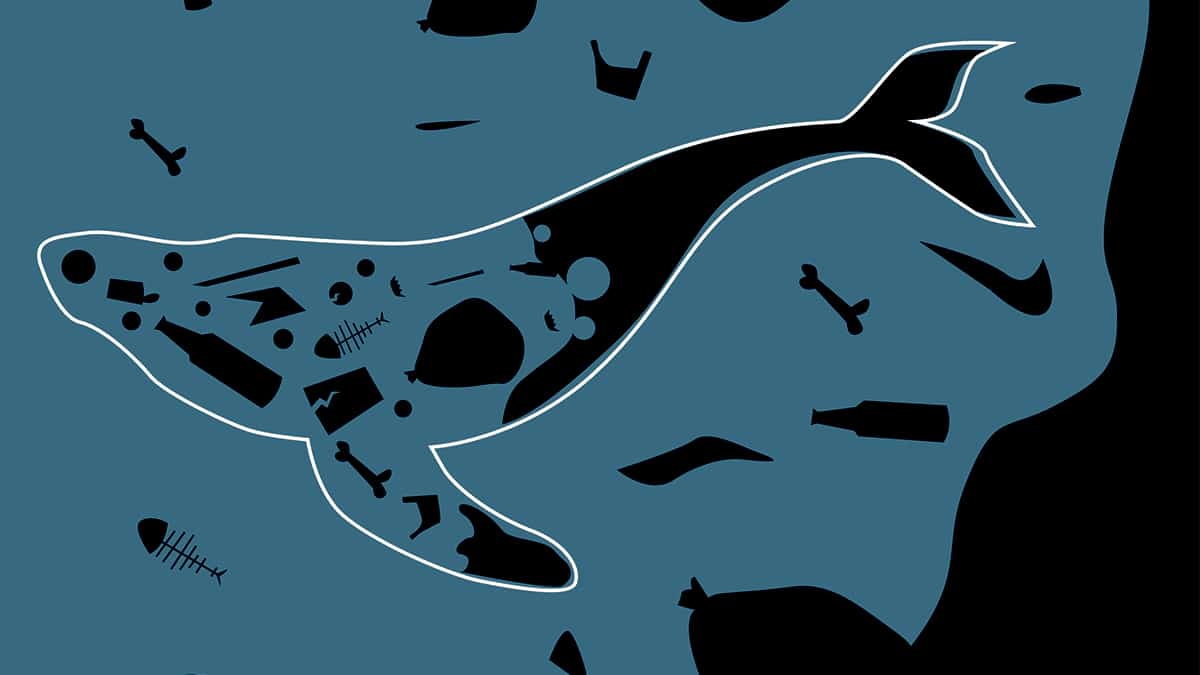;
;
;

With single-use plastics increasingly under the microscope – and on the chopping block – the Nith Valley EcoBoosters are hosting a webinar on Earth Day (April 22) to discuss the dangers of such plastics and the need for change. There have already been shifts away from the use of disposable plastics.
Last updated on May 03, 23
Posted on Apr 15, 21
3 min read
